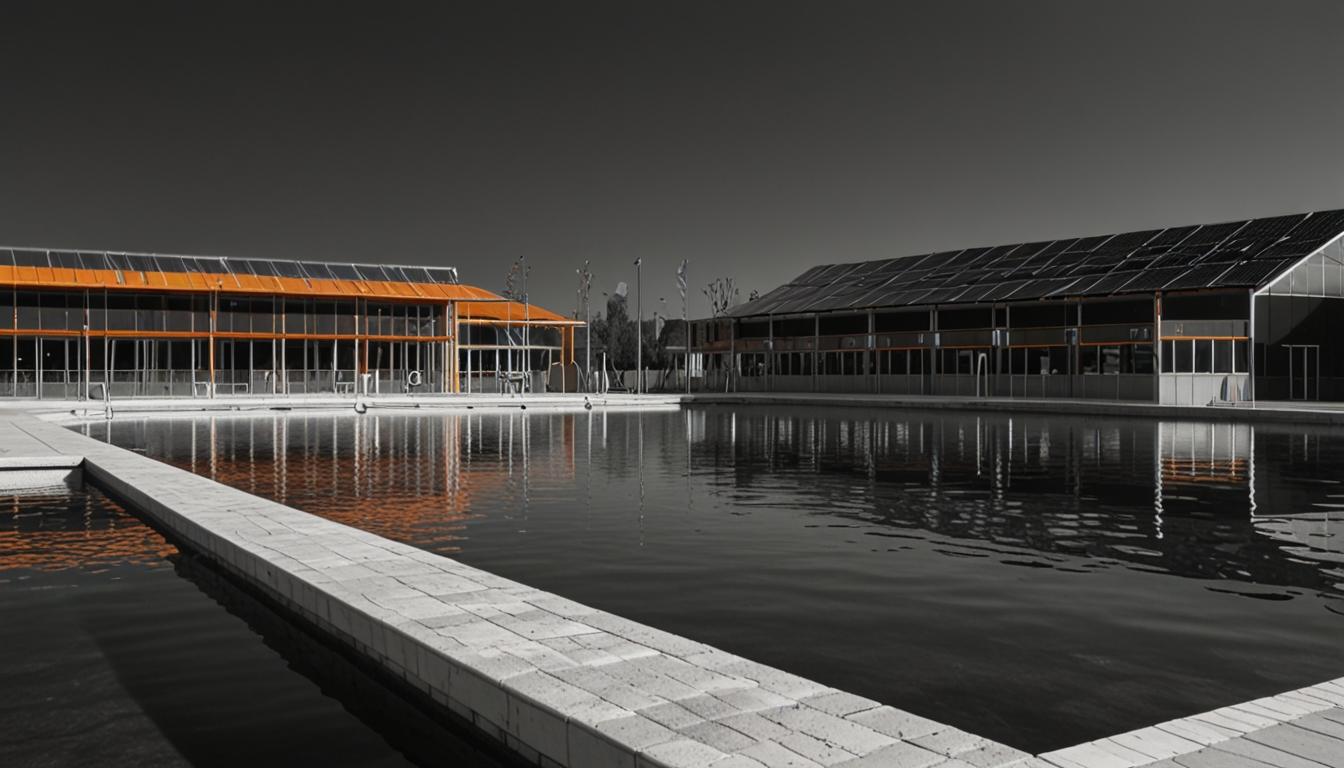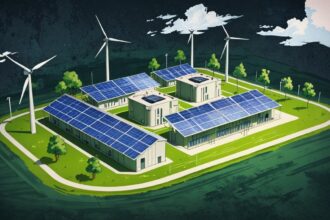Lansdale Borough is considering a pool renovation project that includes integrating solar power to reduce energy costs and promote environmental sustainability. The initiative aims to enhance community amenities, lower operational expenses, and position the borough as a leader in green energy development.
Lansdale Pool Renovation and Solar Energy Initiative
Lansdale Borough is considering plans to renovate its public pools and improve their infrastructure within the next several months, potentially through borrowing against a municipal bond. Mayor Garry Herbert has highlighted the dual goal of upgrading these community assets and reducing long-term energy costs by integrating solar power.
Since the onset of Herbert’s tenure, the strategic goal has been to lower electric purchase expenses, maximizing the value of municipal electric investments. This initiative aligns with the broader vision of enhancing community amenities while promoting environmental sustainability.
Public pools in Lansdale are deemed essential for the community, serving as venues for family gatherings, swim lessons, and healthy activities. However, the high operating costs, particularly regarding energy expenses (around $23,000 over five months), necessitate innovative solutions. Incorporating solar energy by installing panels on pool facility roofs or nearby areas is proposed to offset these costs effectively.
Expanding solar power offers multiple benefits. Besides immediate cost savings, it positions Lansdale as a leader in green energy development, potentially unlocking grant opportunities and aligning with state and national carbon reduction goals. This investment would help build system redundancies for critical infrastructure during emergencies.
The long-term economic advantages of this approach are significant. Although initial investments in solar power are substantial, the return on investment, particularly for a municipal electric provider like Lansdale, is projected to be considerable over time, reducing energy transfer costs and freeing up funds for other important projects. This sustainable practice is also likely to attract environmentally conscious businesses and residents, boosting local economic growth.
Thus, as Lansdale considers bond borrowing for pool renovations, integrating solar power into the initiative is viewed as a forward-thinking method to deliver extended benefits and foster a resilient, sustainable community.
World Bank Supports India’s Green Hydrogen and Renewable Energy
The World Bank has committed an additional USD 1.5 billion to support India’s transition to a low-carbon economy. This financing targets promoting a vibrant green hydrogen market, vital for decarbonization, and scaling up renewable energy, particularly in difficult-to-decarbonize sectors.
Key impacts of this funding include:
- Green Hydrogen Development: Aiming to produce at least 450,000 metric tons of green hydrogen and 1,500 MW of electrolyzers annually by FY25/26.
- Renewable Energy Projects: Enhancing solar, wind, and other renewable sources to reduce greenhouse gas emissions and improve energy security.
- Job Creation: Generating clean energy jobs in production, distribution, and technology development, stimulating economic growth.
- Emission Reduction: Expected to cut emissions by 50 million tons per year.
This strategic investment aligns with India’s net-zero goals and supports the transition to cleaner, sustainable energy sources, significantly impacting the nation’s energy sector.













